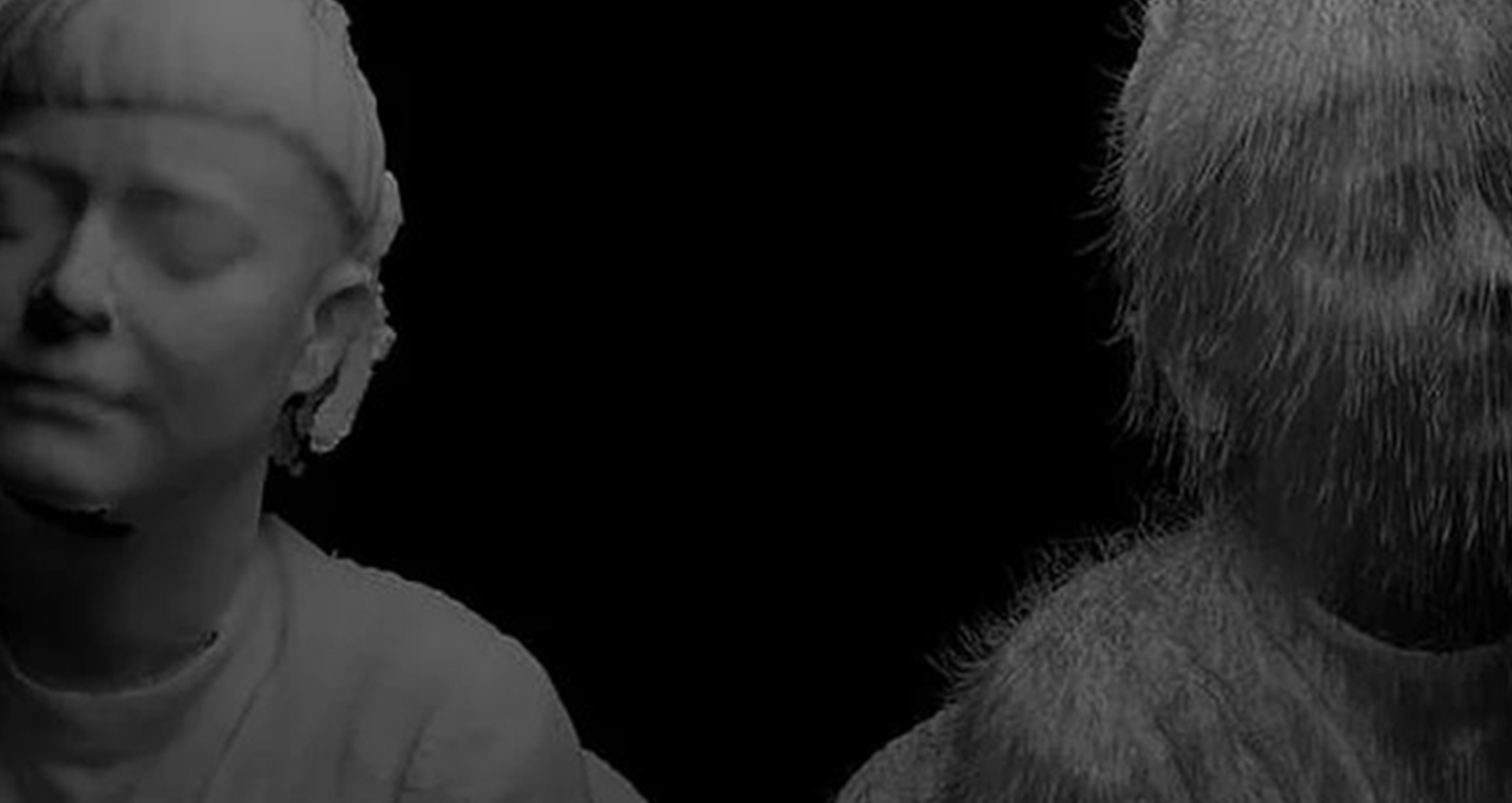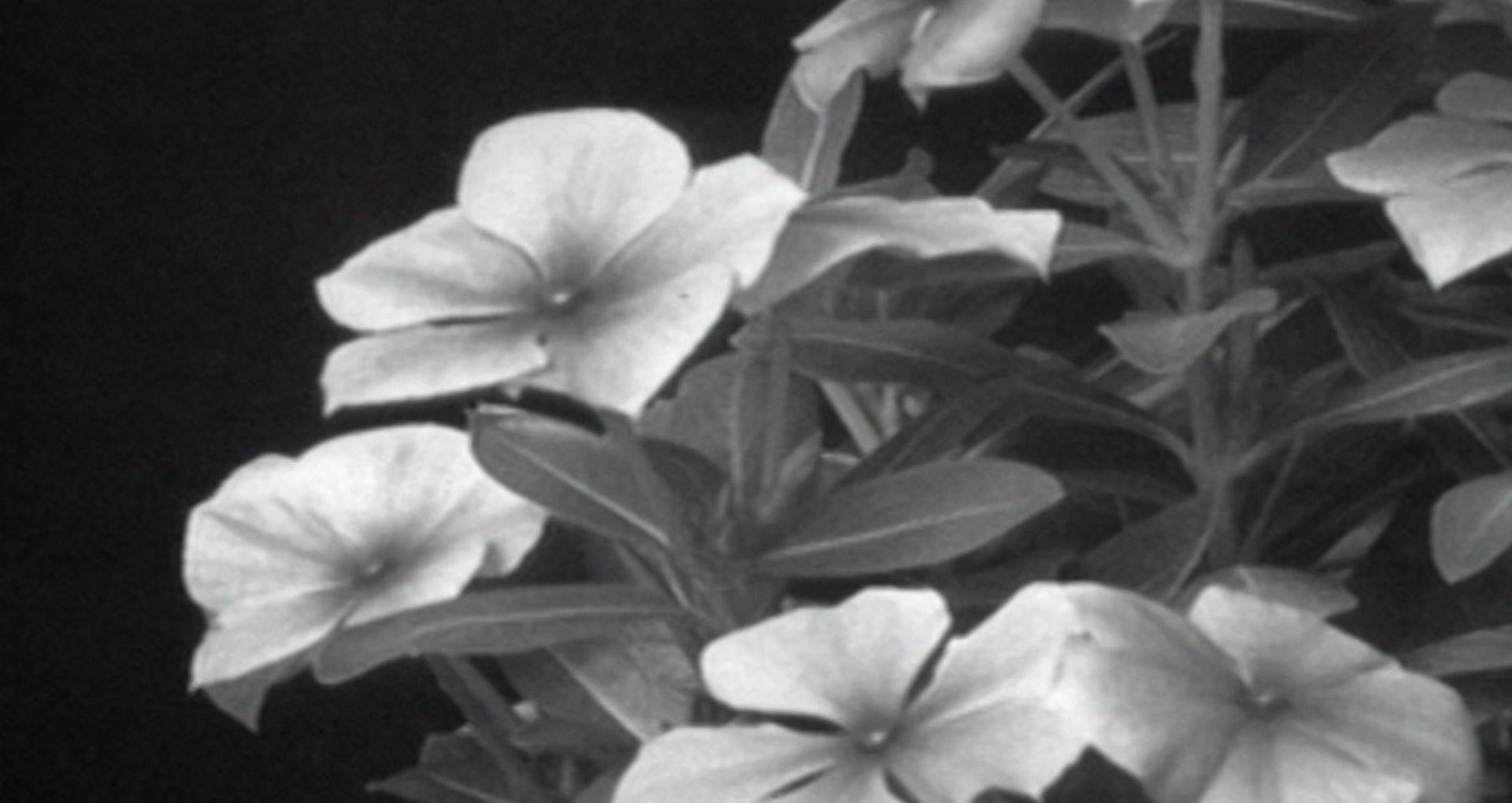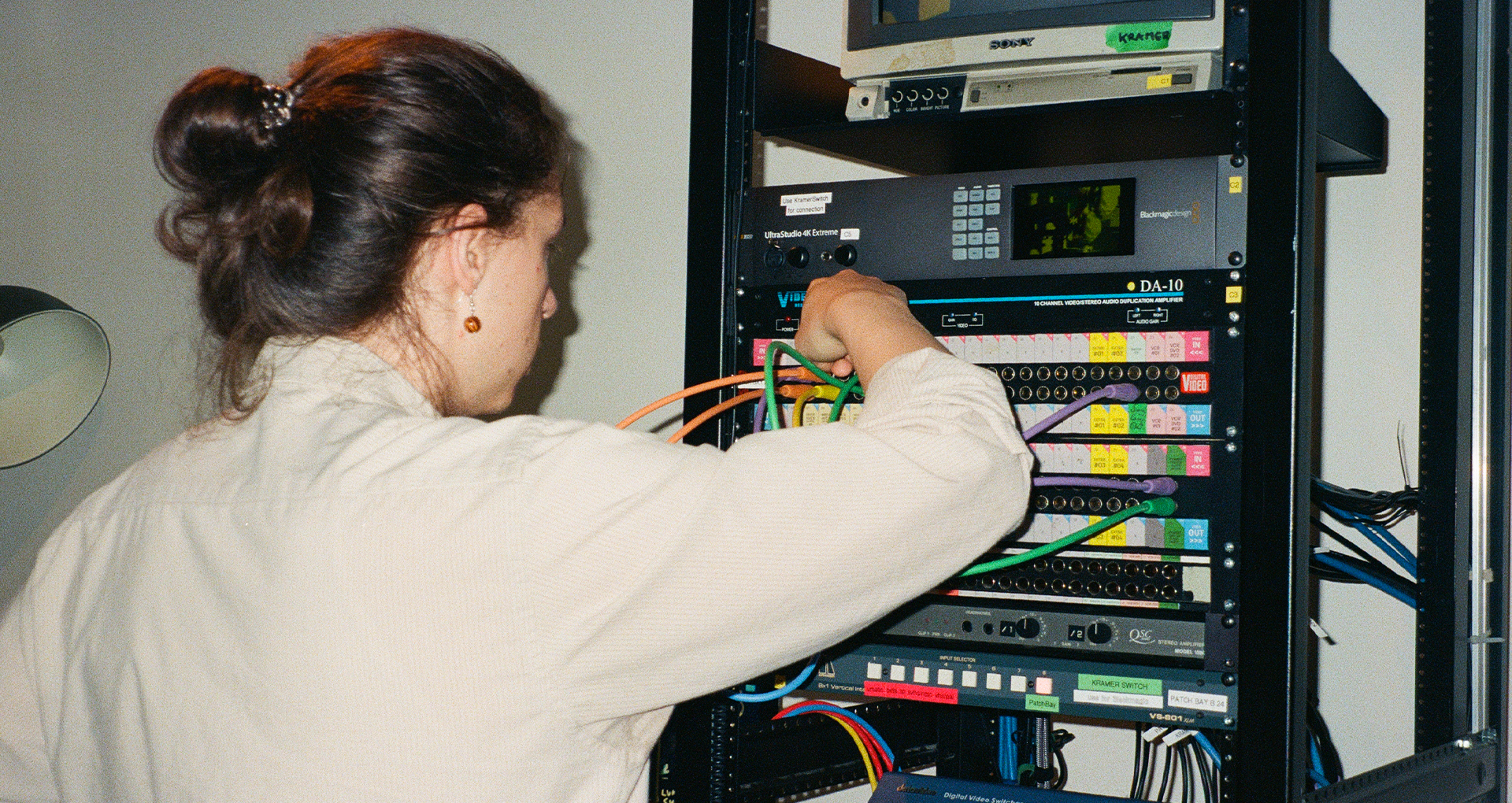
3D modeling with Blender
Workshop
$150 + taxes
October 14th-15th and 20th-21st 2017, from 10 am to 6 pm.
Course led in French by Philippe-Aubert Gauthier.
Participants in 3D modeling with Blender will learn the basics of the Blender software in an intensive four-day workshop. The course will cover the software’s basic functions and the sequence of 3D production, namely: modelling, textures and materials, movement and animation, and lighting and rendering. Course content may be adapted according to participants’ questions and interests. Upon completing the course, participants will be able to produce models, generate fixed or moving digital imagery, and create a video montage.
Eight participants will be selected to take part in this four-day workshop. Once participants have learned the basic functions, they will realize a practical project using the skills they have acquired. This introduction to the software will enable them to realize future projects independently.
The workshop will combine theory and practice, so that participants have the opportunity to try out what they have learned. In addition, participants will receive:
- Digital slides with helpful links and external references
- An 88-page PDF manual demonstrating how to use “Edit Mode” and “Modifiers”
- Links to video tutorials offering guided modelling exercises
The course
The course is divided into four days in the following way:
October 14th: Introduction to the software:
- Exploring the user interface and the philosophy of the software
- Familiarization with the editing mode
- Modelling methods
- Guided exercises in modelling
- Familiarization with the parameters of materials and lights
- Discussion of individual projects
October 15th: Introduction to the software:
- Familiarization with the parametres of rendering and exporting
- Exploring animation
- Using modifiers and other tricks
- Interests and advice about individual projects
October 21st: Begin individual projects with the instructor present to answer questions. Subject matter previously covered can be revised or new projects introduced, depending on individual or collective needs.
October 22nd: Begin and finish individual work with the instructor present to answer questions. Two hours will be set aside at the end to look at projects and discuss them.
Prerequisites
Preferable: basic or beginner level knowledge of at least one of the following subjects: digital video, digital imagery, spatial visualization and perception, drawing, perspective, video games, etc.
Equipment
Subject to availability, computers will be available on demand throughout the duration of the course.
Conditions of admission
This course is intended for artists or those working or seeking employment in the field of media arts. Applicants should reside on the island of Montreal and be available throughout the duration of the course.
Enrolment
Please send your CV to info@videographe.org to verify your eligibility and reserve your place.
Philippe-Aubert Gauthier
Philippe-Aubert Gauthier is a sound artist and junior mechanical engineer. He holds an MEng in Mechanical Engineering and a PhD in Mechanical Engineering and Acoustics and is a Researcher at the Université de Sherbrooke. In his artistic practice, he combines art, science and technology, and their associated cultures, and is particularly interested in sound spatialization and digital audio production. He has recently been exploring 3D modelling techniques for digital arts projects.






